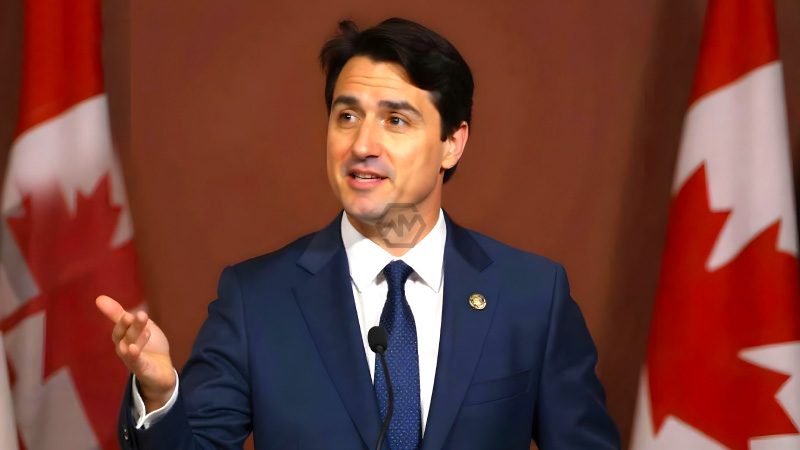- Trudeau‘s minority government remains intact after defeating a second non-confidence motion.
- The motion, proposed by Conservative leader Pierre Poilievre, focused on issues like housing and crime.
- Despite public discontent, support from the NDP and Bloc Québécois allowed the Liberals to maintain power.
Canadian Prime Minister Justin Trudeau has successfully overcome a second non-confidence motion in parliament, a move that was spearheaded by Conservative leader Pierre Poilievre.
This vote, held just a week after the first unsuccessful attempt to unseat the Liberal government, highlighted the ongoing tensions within Canada’s political landscape.
Trudeau’s Government Endures as Confidence Vote Fails
The Conservative party has been aggressively targeting the Trudeau administration on critical issues such as affordable housing, rising crime rates, and the escalating cost of living. Poilievre’s motion accused the government of failing to address these pressing concerns, which have been central to the Conservatives’ campaign strategy. Despite the criticism, support from the NDP and Bloc Québécois has been crucial in helping Trudeau sustain his minority government amid increasing political pressure.
Trudeau’s administration has faced increasing scrutiny in recent months, particularly following by-election losses in traditional Liberal strongholds. The political landscape has been further complicated by the recent collapse of a coalition agreement with the New Democratic Party (NDP), which had previously helped prop up the government. As a result, the Liberal party is navigating a precarious situation, attempting to maintain stability while managing public dissatisfaction.
The Bloc Québécois has also entered the fray, issuing an ultimatum for specific legislative demands. Their call for support on pension increases and supply management protection underscores the challenges facing Trudeau’s government as it strives to maintain alliances. With opposition parties holding significant sway, the Liberals must tread carefully to avoid further political pitfalls.
Despite these hurdles, analysts suggest that a federal election is unlikely before spring 2025, giving Trudeau some breathing room to stabilize his government. However, ongoing non-confidence motions could further complicate his administration’s efforts to govern effectively in a divided parliament.
Trudeau’s ability to survive the recent non-confidence votes highlights the precarious nature of his leadership in a challenging political environment. As the opposition seeks to capitalize on public discontent, the Liberal government faces a crucial period of negotiation and strategy to maintain its fragile hold on power.
“Trudeau’s government remains intact, but the ongoing pressure from opposition parties and public sentiment poses significant challenges for his leadership.”



